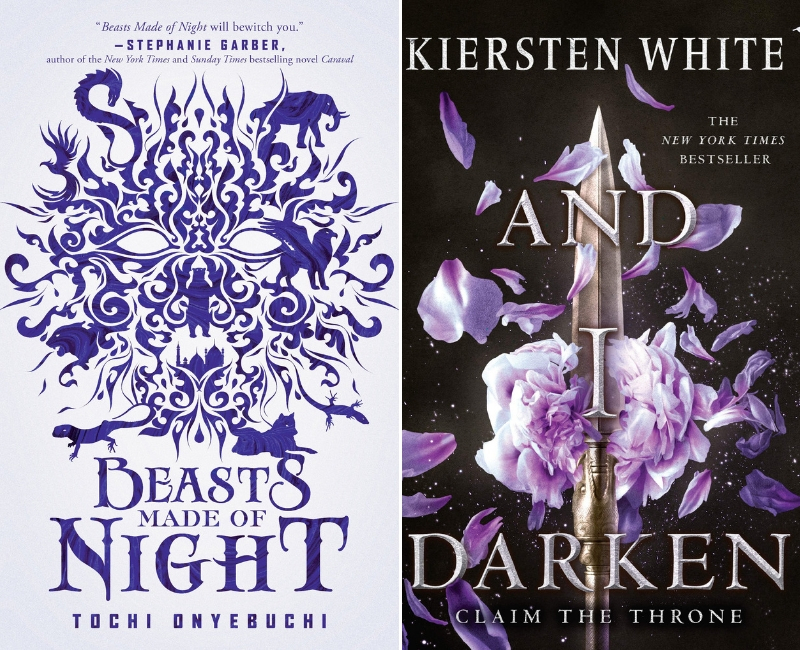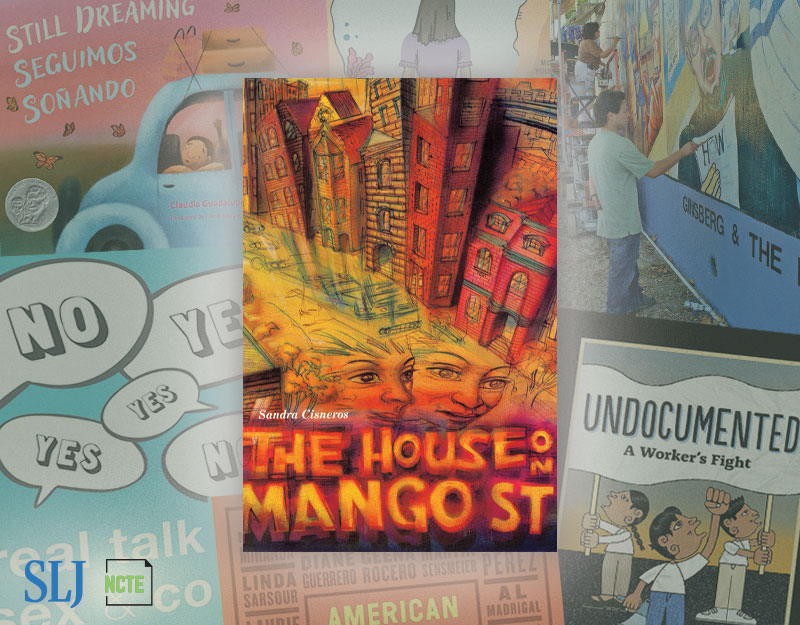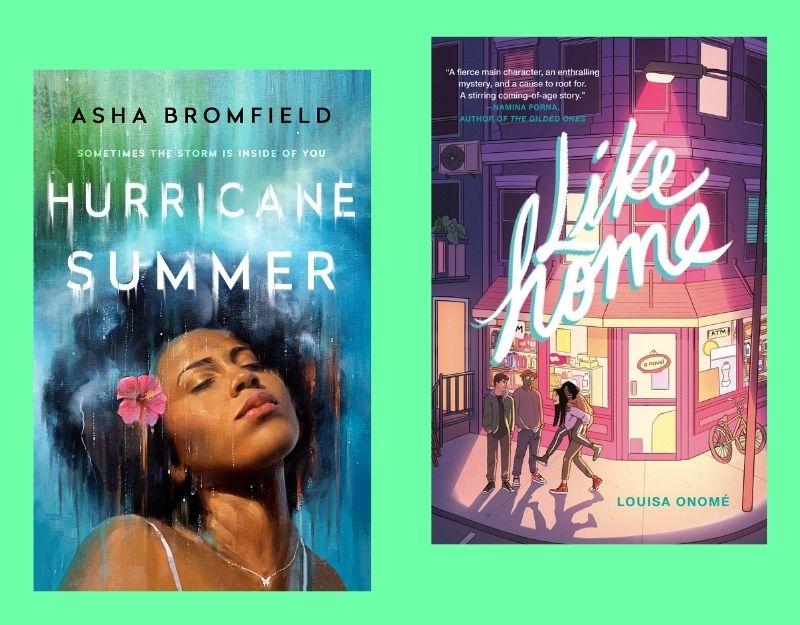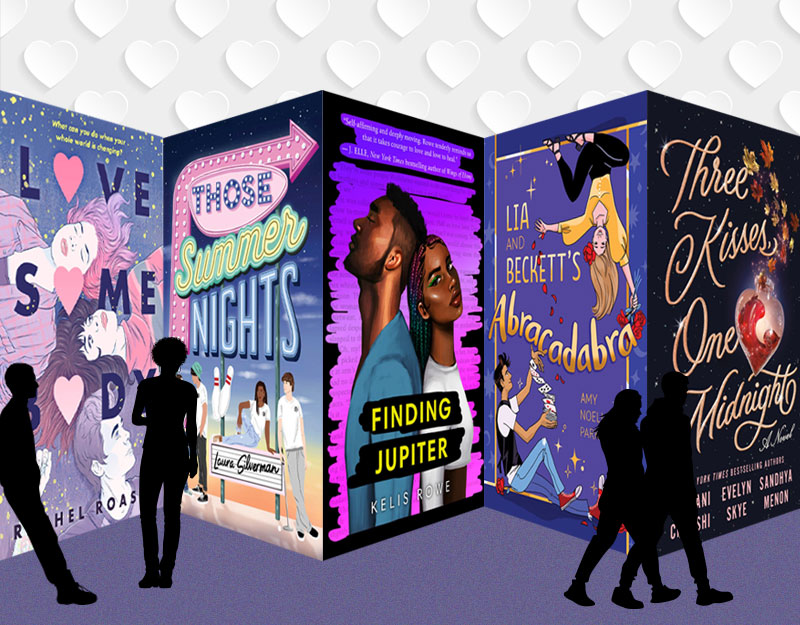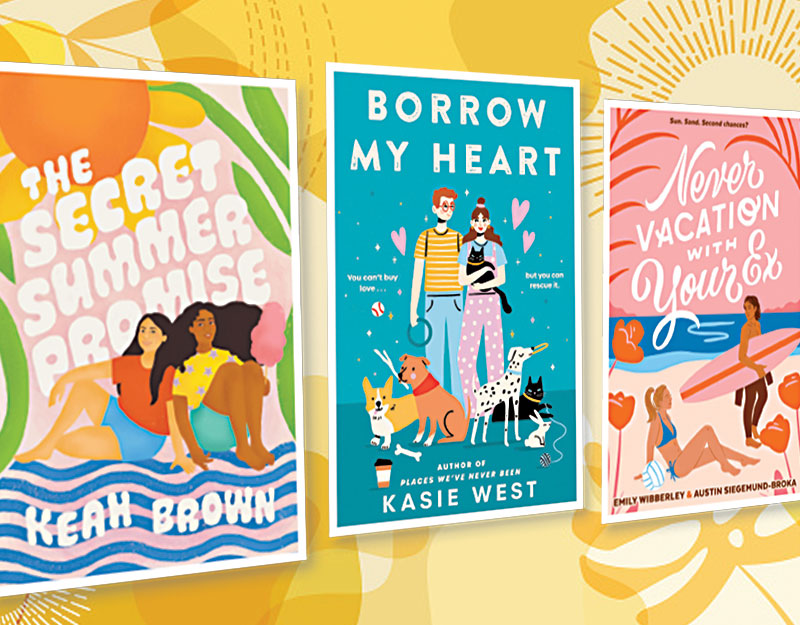Middle Grade Monday – Use it or Lose it (the kids’ perspective)
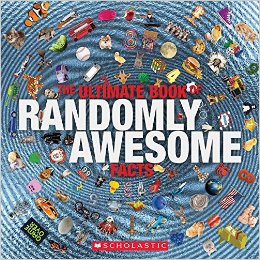 This title recently came across my desk as a book to review. While objectively I can recognize it as something that will be immensely popular with my students, I’m old enough that it actually hurts my eyes. The color contrast and conglomeration of facts on each page are set up to appeal to a generation of young people who’ve never known a life without interactive screens and information that bombards you from all sides. It is, in fact, incredibly well put together. That doesn’t help squelch my desire to run away screaming when I try to read it. My eyes!
This title recently came across my desk as a book to review. While objectively I can recognize it as something that will be immensely popular with my students, I’m old enough that it actually hurts my eyes. The color contrast and conglomeration of facts on each page are set up to appeal to a generation of young people who’ve never known a life without interactive screens and information that bombards you from all sides. It is, in fact, incredibly well put together. That doesn’t help squelch my desire to run away screaming when I try to read it. My eyes!
But that brings up an important reality of being an adult selecting materials for children – we need to be aware of our limitations. Knowing yourself, your likes and dislikes, the era in which you were a child, and realities that come into play when being an adult whose purpose in life is to nurture children, is crucial in helping to identify personal biases that will limit your ability to appropriately select materials for your patrons. These limitations can be physical, mental, or emotional.
ADVERTISEMENT
ADVERTISEMENT
In terms of the physical, I believe much of it has to do with the era in which you were a child and the media you were exposed to. In my case, both this book and every manga I’ve tried to read have made me want to physically remove my eyeballs. Similarly, an aversion to or phobia of something might make you less likely to add it to your collection. But certain ages of children are really attracted to things that are common phobias – snakes, spiders, sharks, etc., and you need to know what those are and embrace them in your collection development efforts.
Mental and emotional biases can be a little more difficult to identify, but I would begin by trying to objectively evaluate your dislike of any material that is popular with the population you serve. I now know that, as an adult whose profession is charged with the nurture and development of children, I am extremely disturbed by any literature where adults, whether knowingly or not, put children in harm’s way. That’s why it took me 4 attempts to get past the beginning of Nancy Farmer’s brilliant The Ear, the Eye, and the Arm. And that book helped me figure that out about myself. That knowledge about myself helped me to understand from the moment I read the first review of Suzanne Collins’ The Hunger Games that it would be a fantastic hit with my students…and that I would probably never be able to make myself read it. In fact, when I watched the trailer for the movie the first and only time, I simultaneously wanted to throw up and burst into tears. The only reason I didn’t was because I was surrounded by tweens.
Other biases can be both harder to recognize and more difficult to overcome. I struggle sometimes with wanting to include books in our collection where the main characters display an extreme lack of empathy, or where something very violent happens without a lot of foreshadowing. But I also know that those are arenas where I am sensitive, and I do my best to overcome these biases.
In all of these cases, it’s important to turn to resources outside your own experience to develop a robust collection of materials for your students. These resources can include the more traditional reviews and bestsellers lists, but shouldn’t stop there. It’s important to regularly check in with your population and see what they find appealing. Some of them are very forthright and will simply ask for materials they want, but some of them don’t even know what’s out there until you make it available to them.
But it’s important to be in touch with what your population’s interests are. There are a myriad of ways of doing this, but I prefer asking them. Most of the students will willingly tell me about their favorite TV shows, musicians, YouTube channels, etc. It doesn’t hurt that I have a nephew who is about to start 8th grade. He is definitely an insight into the world of nerdy tween boys. This is knowledge you have to keep up with on a regular basis, and ‘use it or lose it.’ Interests in this age group change rapidly – so must your understanding of them.
So, tl;dr, know your limitations, trust your population. (Also, look up tl;dr if your don’t know what it means.)
Filed under: Middle Grade Monday
About Robin Willis
After working in middle school libraries for over 20 years, Robin Willis now works in a public library system in Maryland.
ADVERTISEMENT
ADVERTISEMENT
SLJ Blog Network
The 2024 Ninja Report: Bleak
A Sequel Coming This Summer That You Won’t Want to Miss: Bob Shea Discusses His Latest
Review| Agents of S.U.I.T. 2
ADVERTISEMENT



